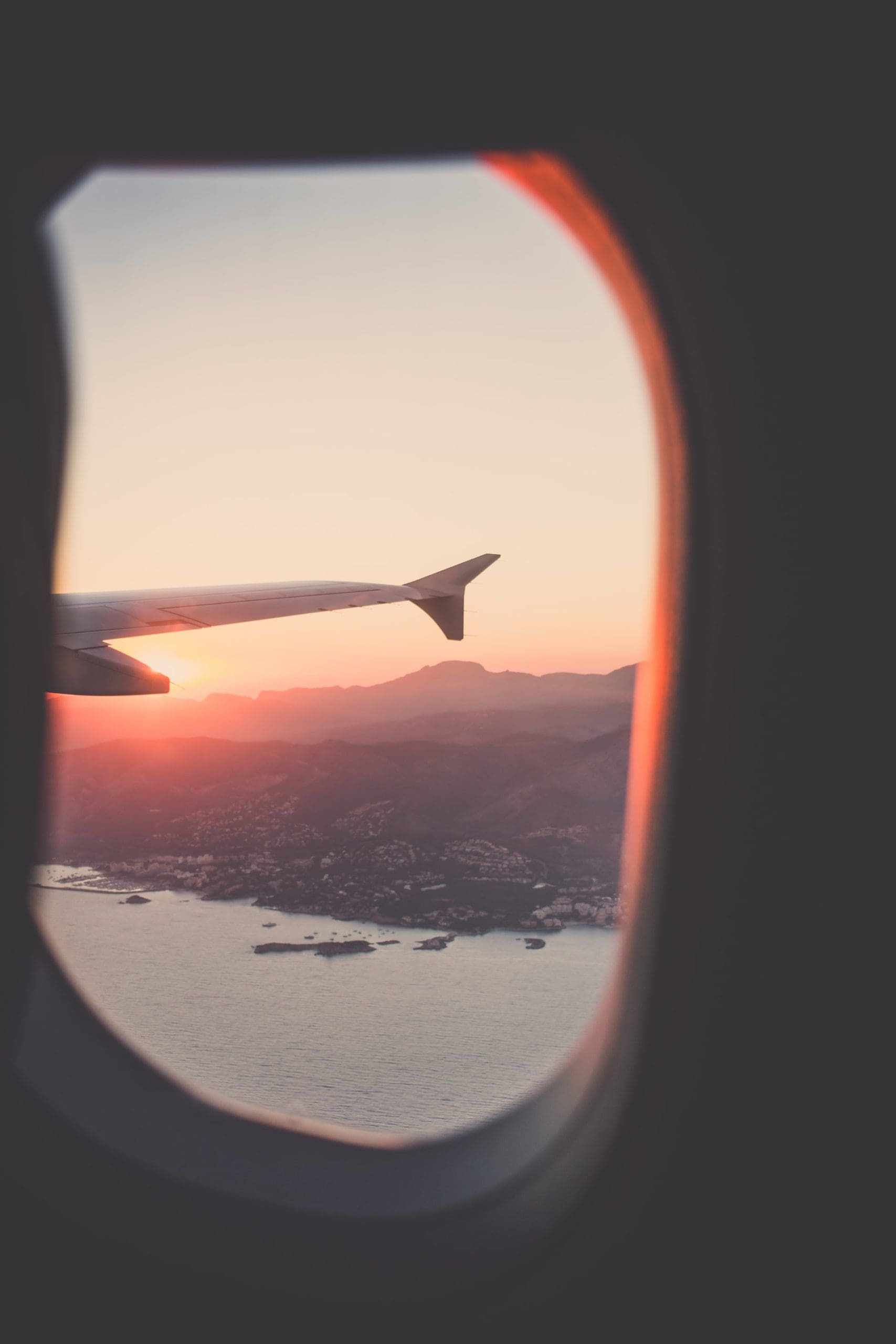There is nothing more thrilling than travelling. It’s a perfect way to get away from the everyday stresses of working hard for several months at a time. But if you cross several time zones in a short time, you will probably start feeling the effect of jet lag.
Here’s a quick rundown of every traveler’s worst nightmare: jet lag occurs when you travel into a different time zone and disrupt your body’s regular sleep pattern. Simply put, it is a state in which your body is fully adjusted to a one-time zone despite being physically located in another. It becomes confused at this point and is unable to correct itself without intervention.
Unfortunately, there is no single solution that can completely prevent or eliminate jet lag. There are, however, ways to reduce the effects of jet lag when travelling across time zones.
Before You Go
The way you deal with jet lag will differ depending on whether you’re travelling east and losing time or west and gaining time. While you’re still enjoying the comfort of your perfect mattress—if you’re not sure what a perfect mattress is for you—click here.
Begen to train your body to stay awake longer or sleep earlier will be essential for adjusting to a new time zone in the coming days. Begin to cheat towards the time zone you’ll be visiting in the days leading up to your trip. Controlling your exposure to both natural and artificial light is the first step. Turn on lights earlier in the morning if you’re travelling east, so your body can get used to waking up earlier. If you’re heading west, expose yourself to light at dusk and early evening to adjust your internal clock.
Try setting your clocks to the same time as your destination. It may feel strange at first, but if you can match your routine before arriving, the effects of jet lag will be minimal because your body will be adjusted.
Hydrate Your Body
One more interesting fact is that our bodies lose a lot of fluids while flying. As a result, if you don’t reload those lost fluids, recovering from jet lag will be even more difficult. Because of this, it is crucial to consume plenty of water. Drinking water not only reloads fluids but also breaks down toxins in your body that cause fatigue.
Drinking plenty of water will also help relieve headaches and nausea caused by the time change, as well as boost your energy levels. On the other hand, avoid coffee, caffeinated soda, alcohol, and any other drink that can help your body get dehydrated.
Sleeping Supplements: Melatonin
Melatonin is at the top of the list of supplements that can be beneficial. Melatonin is a hormone that is naturally secreted by the pineal gland of the brain in response to the cycles of darkness and light. Melatonin is taken 30-60 minutes before bedtime can help your body adjust to the new time zone. Before taking melatonin or any other nutritional supplement, always consult your doctor.
Melatonin appears to control the body’s circadian rhythm, among other things. The circadian rhythm is the body’s internal clock, which regulates both sleep and wake times. Melatonin production and consumption of low doses may be affected when we travel.
Light Exposure
Light has the most powerful influence on circadian rhythm, and adjusting your internal clock strategically may help you avoid or reduce jet lag. The timing and amount of light exposure dictate how it affects circadian rhythm. The most effective source of illumination and the circadian modulator is sunlight. Different kinds of artificial light can also affect circadian timing, albeit to a lesser amount.
Indiscriminate light exposure does not reduce jet lag because timing is important. At particular periods, exposure to light might cause your internal clock to advance or fall behind. Your circadian cycle can be synchronized with local time with the help of strategically placed periods of daylight and darkness.
You may not be aware but, your body has an internal clock that syncs with the solar cycle. In other words, when we wake up and go to sleep is determined by when the sun rises and sets.

Be the first to comment